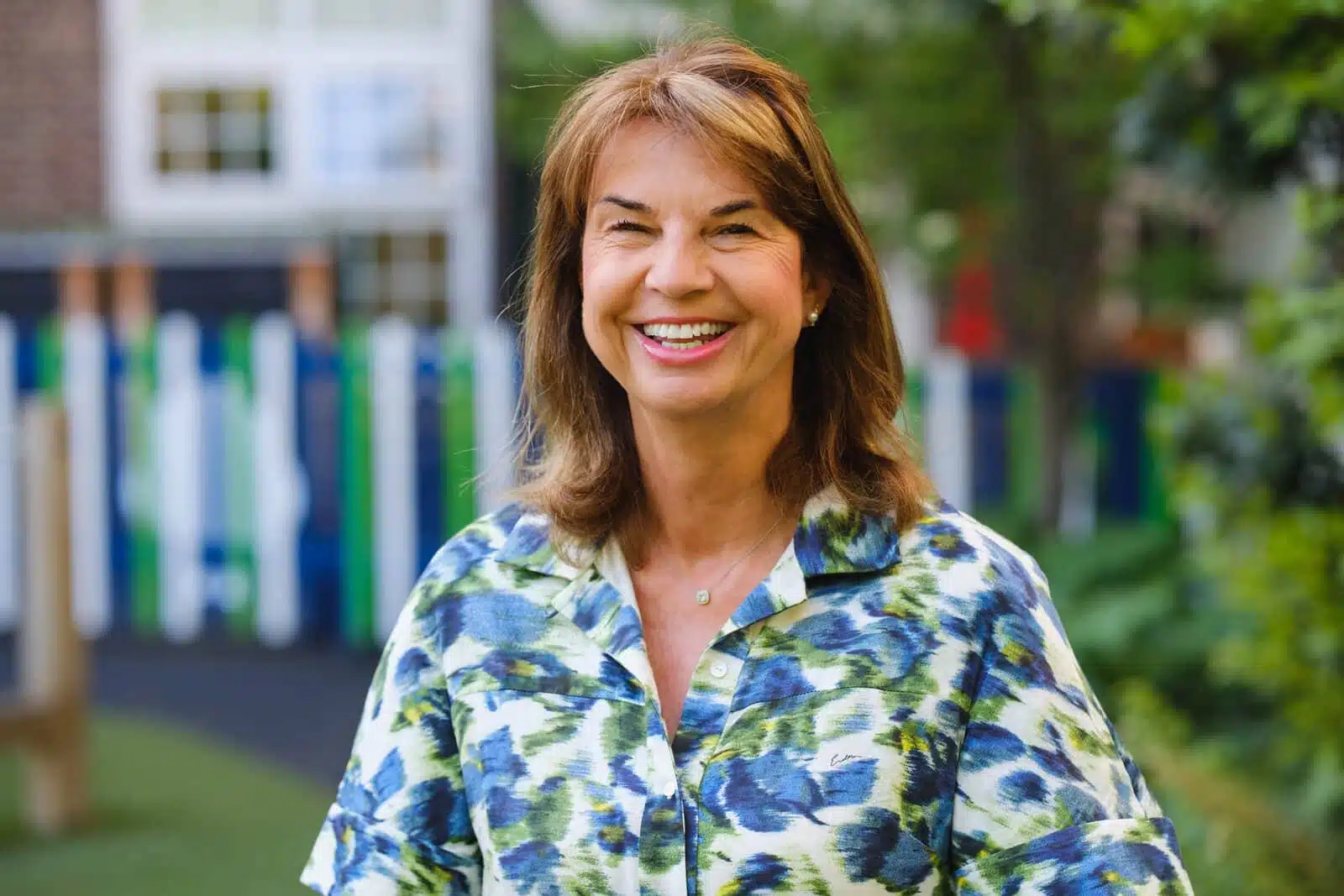Your Child’s Potential. Our Passion.
Since 1897 – the finest private independent education in Belgravia and Clapham
Since 1897 – the finest private independent education in Belgravia and Clapham
Eaton House Schools is an academically outstanding group of single-sex schools for boys and girls aged 2-13, with an unsurpassed heritage stemming from its foundation in 1897, says Principal Alison Fleming.
We believe that a school should be a magical place, where children flourish intellectually and emotionally, and where their opportunities and horizons are expanded at every turn.
Outstanding teachers, supportive parents, and engaging boys and girls are the hallmarks of an Eaton House Schools’ education. We hope that parents actively choose us for our breadth of offering.
We are academic schools known as feeders to some of the greatest schools in the UK, but we are much more than academics.
We have incredible co-curricular and extra-curricular activities, many exciting trips, first rate music, art, drama and sport and up to 40 after-school clubs, depending on the site.
Our wellbeing is genuinely gold standard and we are proud to say that ‘no child passes unnoticed’ at their time at Eaton House Schools.
Every child has talent and personality and we work tirelessly as a teaching community to uncover and maximise those talents and wonderful qualities, allowing them to blossom and shine at their own pace.
Come and talk to us about your child’s bright future at Eaton House Schools.
Mrs Alison Fleming
Principal of Eaton House Schools
